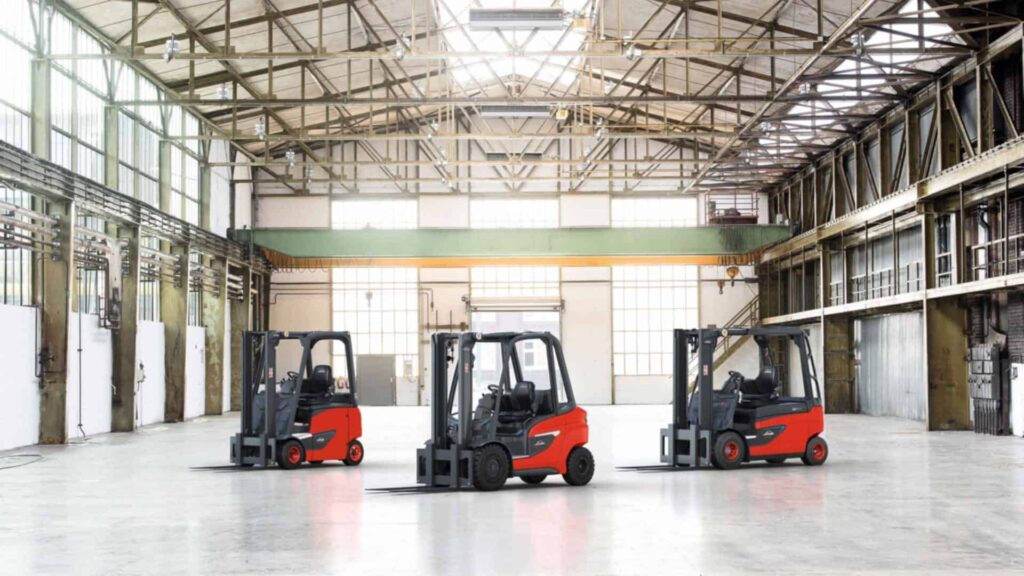Renting a forklift for your business can be a smart move, whether you’re a seasoned pro or just starting out. Forklifts are essential for various industries, from warehousing to construction, and renting one can save you time and money. In this guide, we’ll break down the steps to help you rent a forklift hassle-free.
Assess your needs
Assessing your needs is the first crucial step when considering renting a forklift for your business. Begin by carefully evaluating the specific tasks your forklift will be performing. Consider the size and weight of the loads you’ll need to lift, as well as the height you’ll need to reach. This assessment will help you determine the forklift’s required capacity and type.
For instance, if you’re dealing with heavy materials in a warehouse, a high-capacity forklift might be necessary, while smaller loads for indoor tasks may require a lighter model. By understanding your unique requirements, you can avoid renting a forklift that’s either overkill or insufficient for your job, ensuring cost-effective and efficient operations. Factor in the working environment of your business. Is the forklift primarily for indoor or outdoor use? Rough terrain forklifts are designed for outdoor tasks and can handle uneven surfaces, while indoor counterbalance forklifts are better suited for smooth, warehouse floors.
Budget wisely
Budgeting wisely is a crucial aspect of renting a forklift for your business. Before you start searching for rental options, take the time to determine how much you can comfortably allocate to this expense. Factor in not only the rental cost but also additional expenses like fuel, maintenance, and insurance. Being aware of your budget constraints will help you make informed decisions and avoid overspending, ensuring financial stability for your business.
While it’s essential to find balance in your budget, you shouldn’t compromise on the quality of the forklift and service you receive. Sometimes, opting for the cheapest rental option may result in hidden costs or unreliable equipment. Striking a balance between affordability and quality is key.
Provide training
Providing training for your forklift operators is a critical aspect of ensuring safety and efficiency in your business operations. Before your operators begin using the rented forklift, make sure they undergo proper training. Many rental companies offer training programs designed to teach operators how to operate the specific forklift model safely and efficiently. This training typically covers topics such as equipment controls, load handling, and safety protocols.
By investing in training, you can significantly reduce the risk of accidents, injuries, and damage to goods or property. With proper training and a site-specific safety plan, you can avoid issues. Well-trained operators are not only more adept at using the forklift but also better equipped to handle unexpected situations effectively.
Research providers
When researching rental companies for your forklift needs, a thorough investigation is crucial. Begin by seeking recommendations from fellow business owners in your industry with experience with professional forklift hire. Online reviews and testimonials can also provide valuable insights into the reputation and reliability of rental companies in your area. By tapping into the experiences of others, you can narrow down your options to those known for their efficiency and customer satisfaction.
Forklift hire is an efficient solution for businesses looking to meet their material handling requirements without the long-term commitment of purchasing equipment. Reputable rental companies typically maintain a fleet of well-maintained forklifts, ensuring that you have access to reliable machinery for your operations.
Compare rates
Comparing rates from different forklift rental companies is a crucial step in the process. However, it’s essential to remember that the cheapest option may not always be the best one. When evaluating rates, consider the overall value you’re receiving. Look beyond the initial rental cost and factor in other expenses like fuel, maintenance, and insurance. Some rental companies may offer competitive rates upfront but have higher hidden costs, making them less cost-effective in the long run.
While cost is important, don’t forget to assess the quality of the equipment and service provided. A slightly higher rental rate may be justified if it comes with well-maintained forklifts and excellent customer support.
Conclusion
Renting a forklift for your business can be a practical and cost-effective solution to meet your material handling needs. By carefully assessing your requirements and choosing the right type of forklift, you can streamline your operations and boost efficiency. Thorough research of rental companies, a close examination of the equipment, and a careful review of the rental agreement are essential steps to ensure a hassle-free experience.

